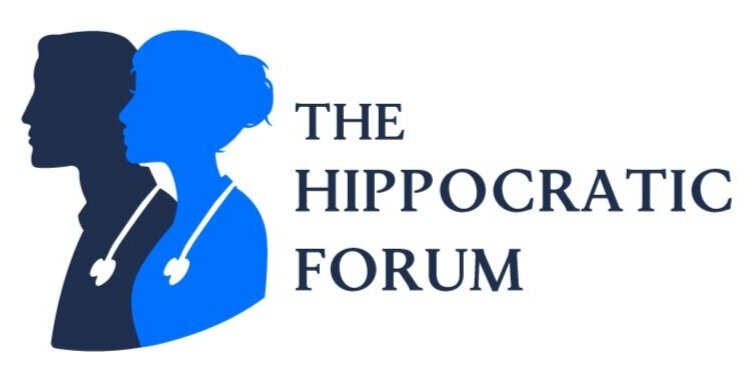A Letter to my Former Self
Dear Emmy,
You once wondered whether you had the chutzpah to make it through medical school without losing your sense of self. You wondered how more senior medical students, resident physicians, and attendings made it through the day without regular bathroom breaks or predictable hours to grab a bite to eat. You wondered whether the suffering you witnessed would exhaust you. Whether the list of to-do’s in and out of the hospital would overwhelm you.
You were right to wonder. Sometimes they did. Sometimes it simply overwhelmed you to project what your life would look like in one, five, or ten years. As if there was any certainty.
You could not see the people you would meet along the way: the surgical resident who met you in the hospital lobby Starbucks to practice suturing on bananas, the 76-year-old dying of metastatic bladder cancer who showed you the fragility of life, the wisdom of old age, and the blessing of a close network of family and friends, or the 99-going-on-100-year old who shared his Entenmann's loaf cake with you and your classmate at his walk-up apartment in Harlem. You shared slices of life with strangers that have made you the woman you are today. They were strangers-turned-kinspeople—the village that raised you, along with your family, friends, and community outside of healthcare.
Cultivating the skills and character to be a physician occurs in the presence of others, the mundane, and the deeply afflicting. The hours spent on your laptop rolling through flashcards and clicking through multiple-choice questions for board exam prep gave you the basic grammar of medicine, but it was the people who animated its language. You may have put in the work to get to this point, but it would be a lie to say you got through it alone. The South African Archbishop Desmond Tutu, explains the Bantu term ‘ubuntu’ as a kind of shared humanity:
When we want to give high praise to someone, we say, "Yu, u nobuntu"...It is to say, "My humanity is caught up, is inextricably bound up, in yours." We belong in a bundle of life..."A person is a person through other persons."
So when you question whether it is still worth it to spend the time taking the bus to see the now-100-year-old man in Harlem, or the hours on Sunday morning at church connecting to your Christian community, or to cook the occasional meal for your friends, you don’t have to question that the answer is yes. You are more than a brain of facts. You are a part of a whole and you were given your loves within medicine because of that whole.
When the time is short, though, and the well begins to run dry, recognize that you cannot do everything. When you acknowledge that you are not okay and not superwoman, it breaks down the expectation that others have to be okay, superpeople included. I hope you do this for the medical students and trainees you will one day help train. Mentors and peers taught you that it's okay not to be okay. If there is a hidden curriculum to which I hope you will contribute, it is in making space for others to be human within the medical profession and promoting a culture which keeps one another well in body, soul, and spirit.
Your future (and equally imperfect) self,
Emmy
References:
Tutu, Desmond. No future without forgiveness. 1st ed. New York: Doubleday. 1999.
Painting: The Convalescent by Helene Schjerfbeck (1862-1946)
